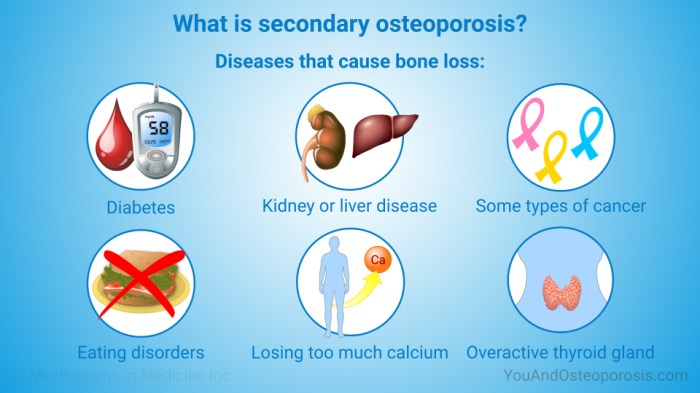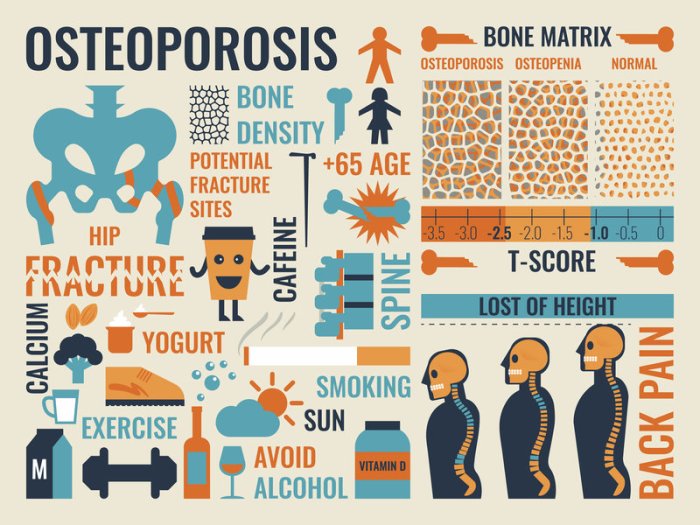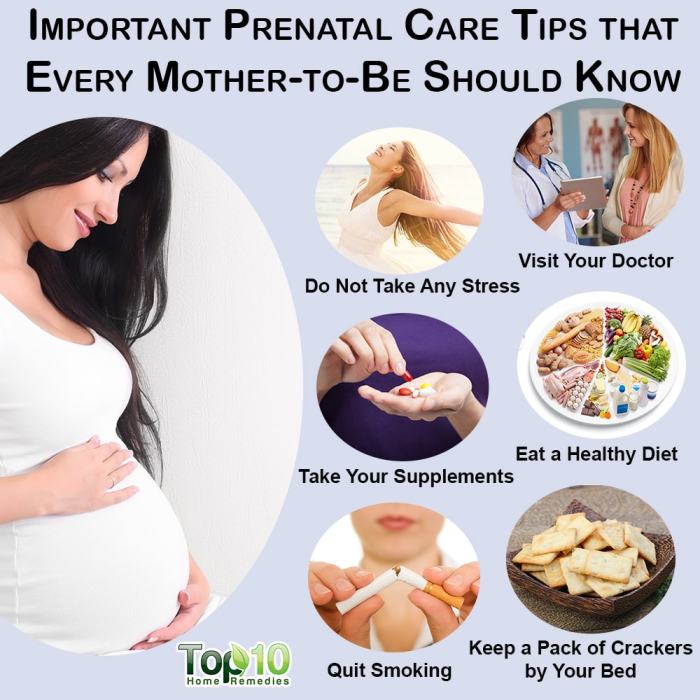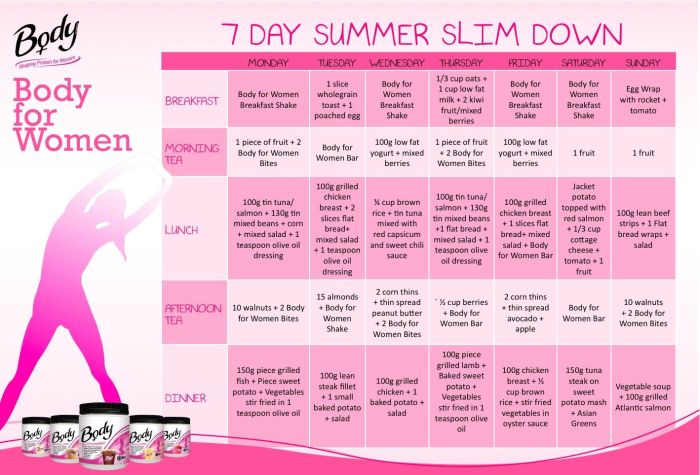
Step into the world of bone health and osteoporosis prevention, where the journey to stronger bones is filled with fascinating insights and practical tips to keep you moving with vitality and strength. Let’s dive in!
In a world where bone health is crucial for overall well-being and quality of life, understanding the importance of prevention methods and lifestyle choices is key to a healthier future.
Bone Health Importance
Maintaining good bone health is crucial for overall well-being. Our bones provide structure, support, and protection for our bodies, allowing us to move, perform daily activities, and protect our internal organs. Without strong bones, we would be more susceptible to fractures, injuries, and mobility issues.
Significance of Maintaining Strong Bones
- Bone strength is essential for carrying out daily tasks such as walking, running, and lifting objects.
- Strong bones reduce the risk of fractures and injuries, especially as we age and become more prone to falls.
- Healthy bones support proper posture and alignment, which is important for preventing back pain and other musculoskeletal issues.
Impact of Bone Health on Quality of Life
- Good bone health contributes to independence and mobility, allowing individuals to maintain an active lifestyle as they age.
- Weaker bones can lead to limitations in movement, decreased quality of life, and increased dependency on others for assistance.
- Conditions like osteoporosis, which weaken bones and increase fracture risk, can significantly impact one’s ability to perform daily activities and enjoy life to the fullest.
Osteoporosis Prevention Methods

Osteoporosis is a condition characterized by weak and brittle bones, making individuals more prone to fractures and breaks. Prevention is key to maintaining strong bone health and reducing the risk of developing osteoporosis.
Key Factors Contributing to Osteoporosis
Osteoporosis can be influenced by various factors, including:
- Age: As people get older, bone density naturally decreases, increasing the risk of osteoporosis.
- Gender: Women are more likely to develop osteoporosis than men, especially after menopause when estrogen levels decrease.
- Dietary habits: Inadequate intake of calcium and vitamin D can weaken bones over time.
- Lack of physical activity: Sedentary lifestyles can lead to decreased bone density and strength.
Preventing Osteoporosis through Lifestyle Changes
There are several strategies individuals can adopt to prevent osteoporosis:
- Ensure an adequate intake of calcium and vitamin D through diet or supplements.
- Engage in weight-bearing exercises such as walking, jogging, or dancing to strengthen bones.
- Avoid smoking and excessive alcohol consumption, as they can weaken bones.
- Maintain a healthy body weight to reduce strain on bones and joints.
- Get regular bone density screenings to monitor bone health and detect any signs of osteoporosis early.
Importance of Regular Exercise in Maintaining Bone Density
Exercise plays a crucial role in maintaining bone density and strength:
- Weight-bearing exercises help stimulate bone formation and improve overall bone health.
- Strength training exercises can increase muscle mass, which in turn supports bone health and reduces the risk of fractures.
- Balance and flexibility exercises can help prevent falls, which are a common cause of fractures in individuals with osteoporosis.
Nutrition for Bone Health
Proper nutrition plays a crucial role in maintaining strong and healthy bones. Consuming the right nutrients can help prevent bone diseases like osteoporosis and ensure overall bone strength.
Role of Calcium and Vitamin D
Calcium and vitamin D are essential nutrients for bone health. Calcium is the building block of bones, while vitamin D helps in the absorption of calcium. Together, they work to maintain bone density and strength.
- Dairy products such as milk, cheese, and yogurt are rich sources of calcium.
- Green leafy vegetables like kale and broccoli also contain calcium.
- Fatty fish like salmon and sardines are good sources of vitamin D.
- Egg yolks and fortified foods like cereals and orange juice are also rich in vitamin D.
Remember, it’s important to get enough sunlight exposure for your body to naturally produce vitamin D.
Other Essential Nutrients for Bone Health
In addition to calcium and vitamin D, several other nutrients play a role in maintaining bone health. These include:
- Magnesium: Found in nuts, seeds, and whole grains, magnesium helps in bone formation and strength.
- Vitamin K: Green leafy vegetables, liver, and eggs are good sources of vitamin K, which helps in bone mineralization.
- Phosphorus: Fish, poultry, and dairy products contain phosphorus, which is essential for bone structure.
Screening and Diagnosis
Regular screening and early diagnosis play a crucial role in managing osteoporosis effectively. Bone density tests are commonly used to diagnose osteoporosis and assess the risk of fractures.
Bone Density Tests
Bone density tests, such as DXA scans, measure the mineral content and density of your bones. This information helps healthcare providers determine your bone strength and identify if you have osteoporosis or are at risk for developing it.
- These tests are non-invasive and painless, typically focusing on the hip, spine, or wrist.
- Results are compared to the bone density of a healthy young adult to determine your T-score, indicating if you have normal bone density, osteopenia, or osteoporosis.
- Early detection through these tests can lead to timely interventions to prevent fractures and maintain bone health.
Risk Factors for Osteoporosis
Several factors can increase the risk of developing osteoporosis, including:
- Age: Risk increases as you get older, especially for postmenopausal women.
- Gender: Women are more likely to develop osteoporosis than men.
- Family History: Having a family history of osteoporosis increases your risk.
- Lifestyle Choices: Smoking, excessive alcohol consumption, and a sedentary lifestyle can contribute to bone loss.
- Medical Conditions: Certain medical conditions and medications can affect bone health.
Treatment Options
When it comes to treating osteoporosis, there are several options available to help strengthen bones and reduce the risk of fractures.
Medication Options
- Bisphosphonates: These medications help to slow down bone loss and reduce the risk of fractures. Common examples include alendronate and risedronate.
- Calcitonin: This hormone helps to regulate calcium and bone metabolism, which can help prevent bone loss.
- Denosumab: This medication works by blocking the cells that break down bone, helping to increase bone density.
Benefits and Side Effects
It is important to weigh the benefits and potential side effects of medications used for osteoporosis treatment.
- Benefits: Medications can help increase bone density, reduce the risk of fractures, and improve overall bone health.
- Side Effects: Common side effects may include gastrointestinal issues, muscle pain, and in rare cases, osteonecrosis of the jaw.
Alternative Therapies
In addition to traditional medications, there are alternative therapies and complementary treatments that can help support bone health.
- Calcium and Vitamin D supplements: These nutrients are essential for bone health and can help prevent bone loss.
- Weight-bearing exercises: Activities like walking, dancing, and weightlifting can help strengthen bones and improve balance to prevent falls.
- Acupuncture: Some studies suggest that acupuncture may help reduce pain and improve bone density in individuals with osteoporosis.
Exercise and Physical Activity
Regular exercise and physical activity play a crucial role in maintaining bone health and preventing osteoporosis. By engaging in specific types of exercises, individuals can improve bone density and reduce the risk of fractures.
Types of Exercises for Bone Health
- Weight-bearing exercises: These are activities that require you to work against gravity while standing or moving. Examples include walking, jogging, dancing, hiking, and stair climbing.
- Muscle-strengthening exercises: These activities focus on working the muscles against resistance, which can help support and protect the bones. Examples include weight lifting, resistance band exercises, and bodyweight exercises like squats and push-ups.
Role of Physical Activity in Maintaining Bone Density
Regular physical activity helps to stimulate bone formation and maintain bone density. Weight-bearing and muscle-strengthening exercises are particularly effective in promoting bone health by putting stress on the bones, which helps to make them stronger and more resilient. Additionally, physical activity can improve balance, coordination, and flexibility, reducing the risk of falls and fractures, especially in older adults.
Lifestyle Modifications

Making certain lifestyle changes can significantly help in preventing osteoporosis and maintaining good bone health. These changes include addressing habits that can negatively impact bone density, such as smoking and excessive alcohol consumption. Additionally, maintaining a healthy body weight is crucial for overall bone health.
Impact of Smoking and Alcohol Consumption
- Smoking has been linked to a decrease in bone density and an increased risk of fractures. It can also interfere with the absorption of calcium, a vital mineral for bone health.
- Excessive alcohol consumption can also have detrimental effects on bone health. It can lead to decreased bone density and an increased risk of fractures.
- Reducing or quitting smoking and limiting alcohol intake can help improve bone health and reduce the risk of osteoporosis.
Importance of Maintaining a Healthy Body Weight
- Being underweight can increase the risk of developing osteoporosis as it may result in lower bone density.
- Conversely, being overweight can also have negative effects on bone health, as excess body weight can put strain on the bones and joints.
- Maintaining a healthy body weight through a balanced diet and regular exercise can help support bone health and reduce the risk of osteoporosis.
Bone Health Across Lifespan
Bone health is crucial at every stage of life, from childhood to adulthood and into the senior years. The needs and requirements for maintaining strong and healthy bones vary depending on the age group. Let’s delve into the specific considerations and preventive measures tailored to each age group.
Children
During childhood, bones are still developing and growing rapidly. It is essential to focus on building strong bones to support overall growth and development.
- Encourage a balanced diet rich in calcium and vitamin D to support bone development.
- Promote regular physical activity, such as running, jumping, and playing sports, to strengthen bones.
- Limit sugary drinks and encourage water consumption for hydration and overall health.
Adults
As adults age, bone density starts to decrease, making them more susceptible to bone fractures and osteoporosis. It is crucial to maintain bone health to prevent issues in later years.
- Continue to consume a diet rich in calcium and vitamin D to support bone strength.
- Incorporate weight-bearing exercises, such as walking, jogging, or weightlifting, to maintain bone density.
- Avoid smoking and limit alcohol consumption, as they can negatively impact bone health.
Seniors
Seniors are at a higher risk of osteoporosis and fractures due to decreased bone density and strength. It is essential to focus on preventing falls and fractures while maintaining overall bone health.
- Ensure adequate intake of calcium and vitamin D through diet or supplements, as absorption may decrease with age.
- Participate in balance and strength training exercises to reduce the risk of falls and fractures.
- Regularly schedule bone density screenings and follow up with healthcare providers for preventive measures.
Last Recap
As we wrap up our exploration of bone health and osteoporosis prevention, remember that small changes today can lead to significant benefits tomorrow. Keep your bones strong, stay active, and embrace a lifestyle that supports your skeletal health for years to come.
FAQ Section
How does bone health impact daily activities?
Bone health is essential for providing structural support and mobility, enabling you to perform daily tasks with ease.
What are the key factors contributing to osteoporosis?
Osteoporosis can be influenced by factors such as age, gender, genetics, and hormonal changes.
What role does exercise play in maintaining bone density?
Regular exercise, especially weight-bearing and muscle-strengthening activities, helps in preserving bone density and strength.



